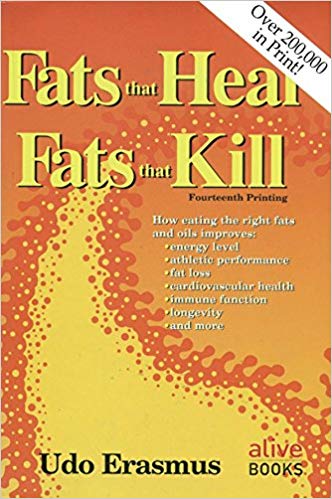By Ben Fuchs | PharmacistBen
One of the easiest and most effective ways to check for thyroid health is the ‘Basal Thermometer Test’ developed by Dr. Broda Barnes, one of the first physicians to recognize the importance of thyroid health when it comes to overall wellness. He wrote the classic book on hypothyroidism called “Hypothyroidism, The Unsuspected Illness” in the 1970’s, and he was of the opinion that numerous health issues including heart disease, cancer, depression, arthritis, diabetes, frequent colds or infections, tonsillitis, ear infections, PMS and other female health issues as well as skin disorders, were all caused by a poorly functioning thyroid. Barnes thought that hypothyroidism affected more than 40% of the American population, which was much higher than most doctors at the time. However, perspectives are changing as hypothyroidism is becoming more and more recognized as a health problem.

By Almonroth (Own work) [CC BY-SA 3.0]
Personally, I would suggest women wait until they’re done with their periods entirely just to be sure. You want to test your armpit temperature for three consecutive days and then determine the average. According to Barnes, if you’re below normal body temperature, which is 97.8 degrees, this can be indicative of hypothyroidism, especially if you have other symptoms. On the other hand, a reading over 97.8 degrees, according to Barnes, could indicate hyperthyroidism, again, especially if there are other symptoms present.
If it turns out you’re suffering from hypothyroidism, and nearly 10 percent of Americans are, it’s unlikely that using iodine supplements will make much of a difference. I’m not saying that iodine is not an important mineral; iodine is important, particularly for glandular health and for the production of thyroid hormone. If you are blatantly deficient, you may notice some benefits, but most hypothyroid patients are not suffering from a lack of iodine. The same goes for thyroid hormone drugs (levothyroxine), which may or may not provide the hypothyroid body with a little hormone activity, but will not do anything to correct the condition.
Hypothyroidism is typically the result of digestive health issues, blood sugar problems and chronic stress (adrenal) gland activity. That means the best strategy for dealing with hypothyroidism is the same strategy used when dealing with any other health challenge:
#1 Work on digestive health (using digestive enzymes and apple cider vinegar with meals, eating fermented foods, using probiotics and eliminating problem foods).
#2 Stabilize blood sugar by eating less starchy and processed carbs (like cereal, as well as sweets and desserts), using supplements like selenium, sulfur, chromium, vanadium and the B-vitamins (among many others) and enjoying fiber-rich veggies with all meals.
#3 Focus on adrenal health with relaxation strategies and deep breathing, reduce sugar intake, and use nutritional supplementation including zinc, Vitamin C, the B-complex and magnesium. Progesterone cream may help, likewise pregnenolone and DHEA.











